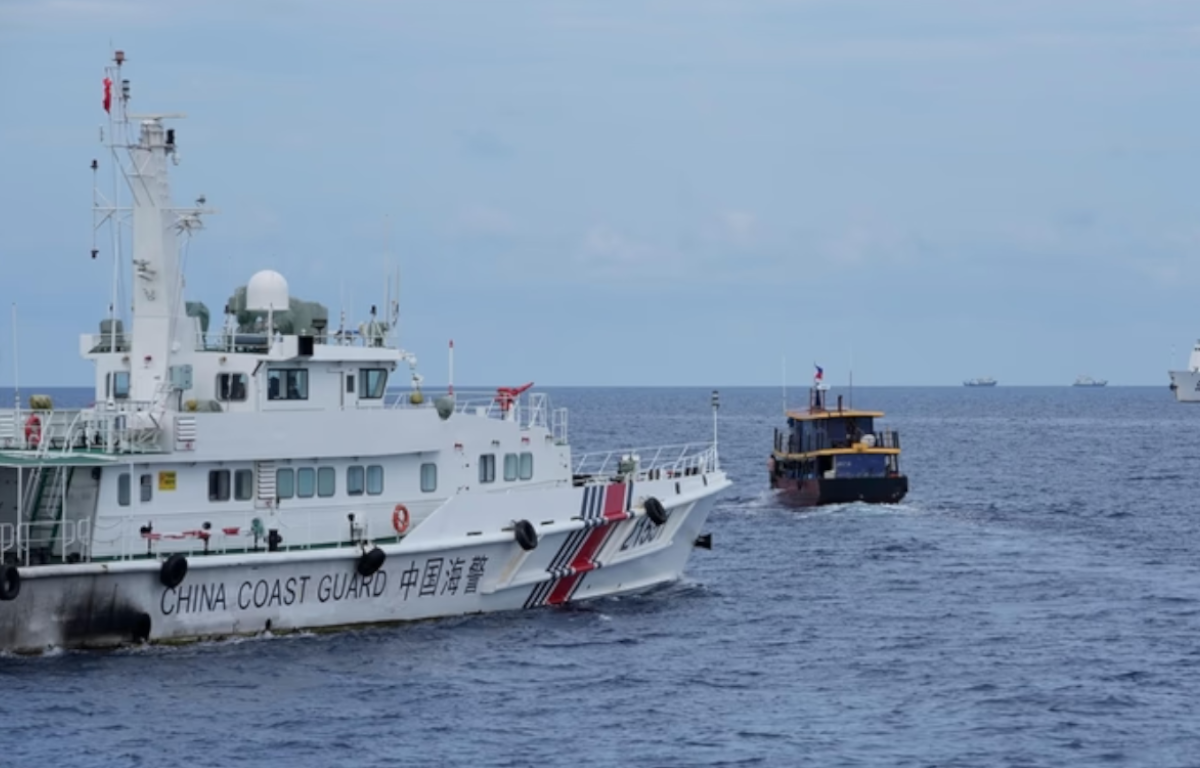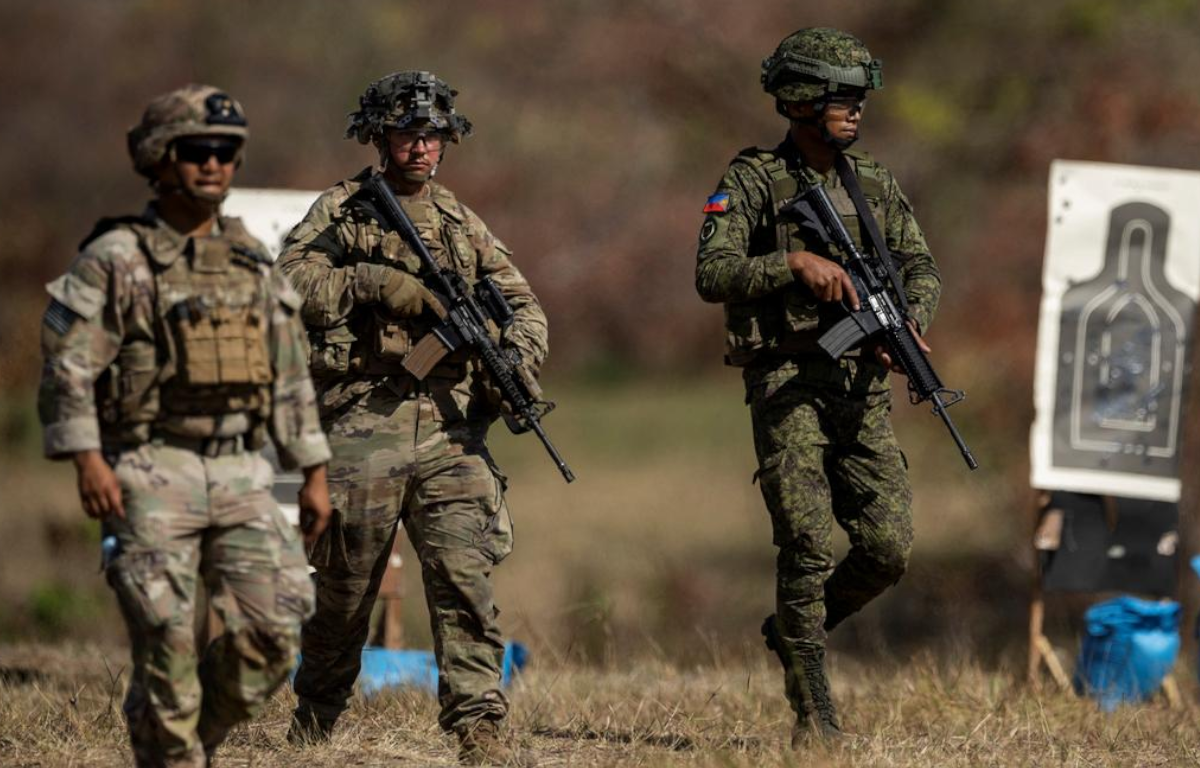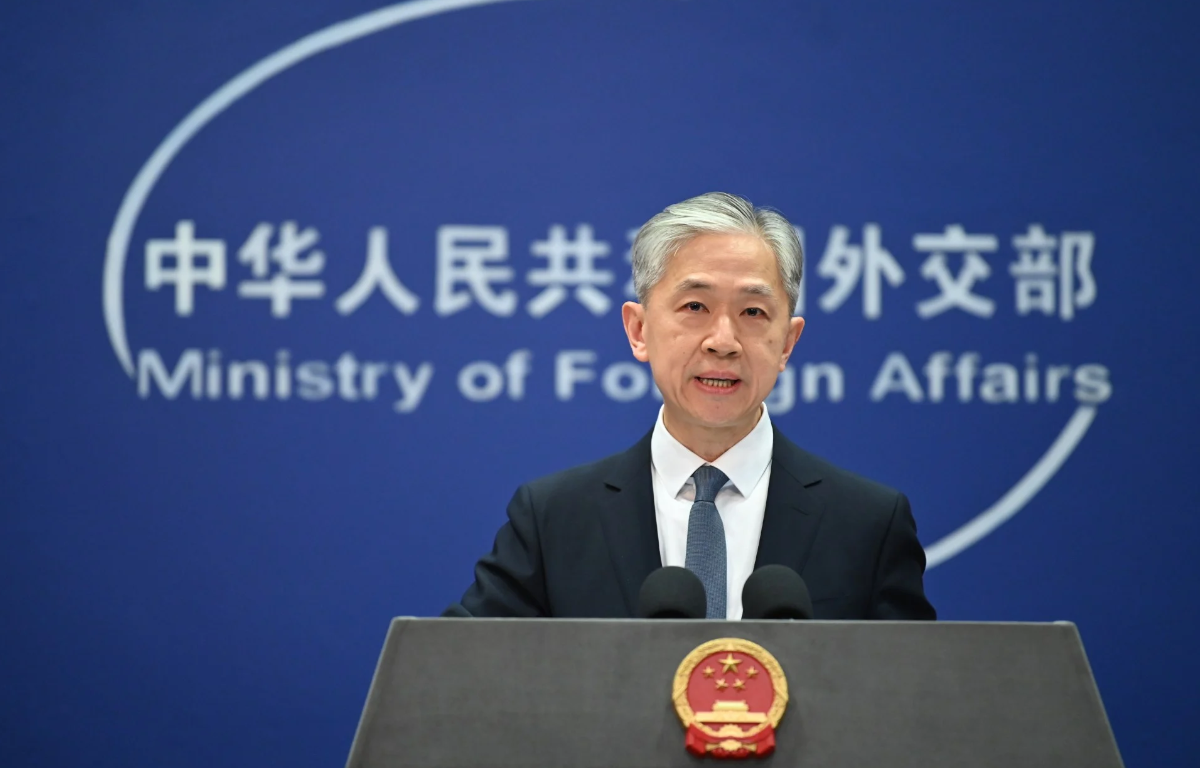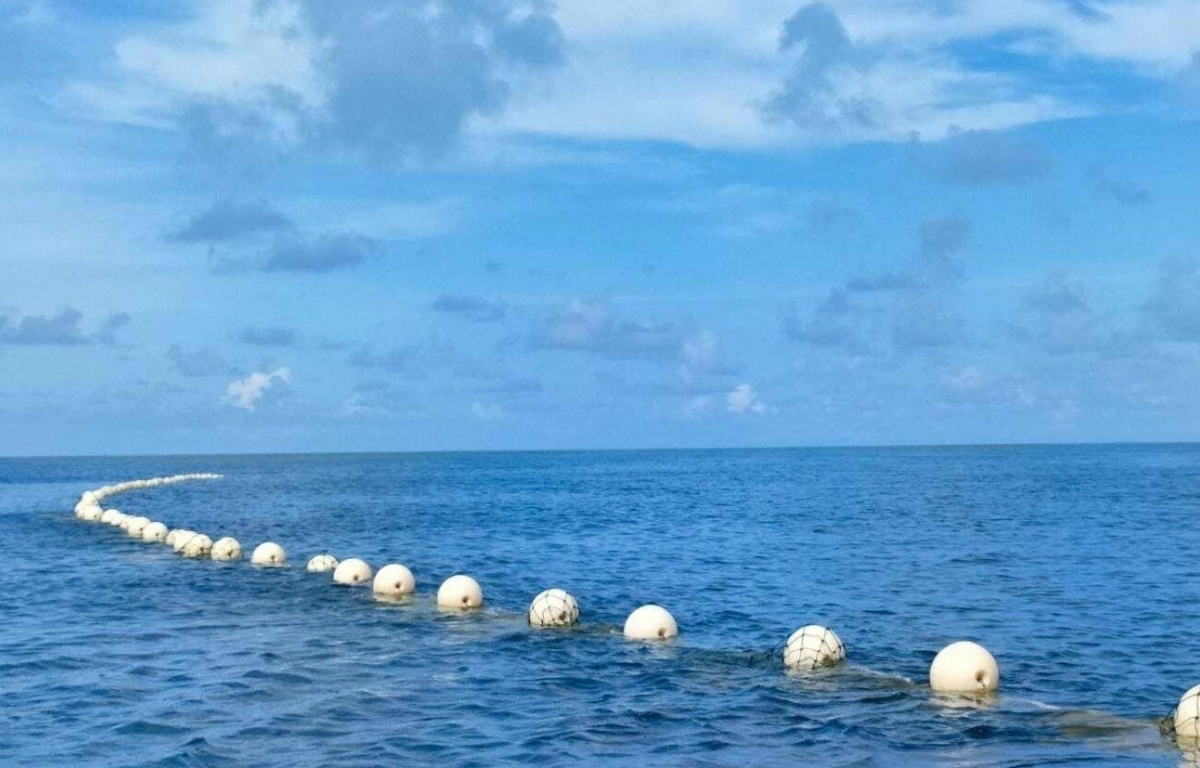
Recent developments in the South China Sea have brought renewed attention to the complex geopolitical dynamics in the region. Reports indicate that Chinese ships have taken up blockade positions near Ayungin Shoal, escalating tensions amidst a Philippine resupply mission to its outpost in the disputed waters. This move by China underscores ongoing territorial disputes and raises concerns about maritime security and regional stability.
The Philippines’ resupply mission to Ayungin Shoal, also known as Second Thomas Shoal, is aimed at replenishing provisions and rotating troops stationed at the BRP Sierra Madre, a grounded ship that serves as a military outpost. Ayungin Shoal is part of the Spratly Islands, a hotly contested area claimed by multiple countries, including China, Vietnam, Taiwan, and the Philippines.
As the Philippine resupply mission commenced, Chinese maritime surveillance and paramilitary vessels were observed taking up positions near Ayungin Shoal, effectively creating a blockade-like situation. This maneuver is seen as an attempt by China to assert its territorial claims and restrict access to the area, further complicating efforts to manage disputes peacefully.
The presence of Chinese ships in blockade positions near Ayungin Shoal has escalated tensions in the region. It highlights the ongoing challenges faced by countries with territorial claims in the South China Sea and underscores the need for diplomatic efforts to prevent escalation and maintain stability.
The situation also has broader regional implications, as it raises questions about freedom of navigation, adherence to international maritime laws, and the role of major powers in shaping the security landscape of the Indo-Pacific. The South China Sea is a vital maritime thoroughfare with significant economic and strategic importance, making it a focal point of geopolitical competition.
Amidst the tensions, diplomatic channels remain crucial for managing disputes and preventing conflict escalation. The Philippines has called for restraint and peaceful dialogue to address the situation, emphasizing the importance of upholding international law and maritime norms.
Other stakeholders, including the United States and ASEAN countries, have also expressed concerns about the developments in the South China Sea. Calls for de-escalation, respect for freedom of navigation, and adherence to the United Nations Convention on the Law of the Sea (UNCLOS) have been reiterated as essential principles for maintaining peace and stability in the region.
Diplomatic efforts, adherence to international law, and calls for de-escalation are crucial in addressing these challenges and promoting regional stability. The situation underscores the need for continued dialogue and cooperation among stakeholders to peacefully manage disputes and uphold maritime security in the Indo-Pacific.










Share this: